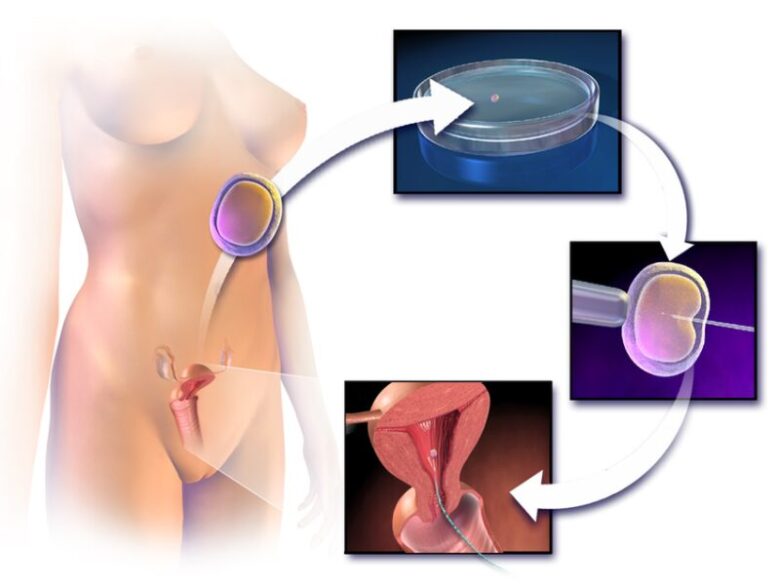IVF is a blessing for women who try to get pregnant but nothing else seems to succeed. Basically, it has high rates of success the younger you are and helps people have the family they’ve dream of.
Although you have at least a vague idea about what IVF is, there may be some hidden aspects that you still didn’t get the hang of. You can’t just engage in something before having an idea of what’s in store for you, so here are some facts about IVF, such as egg donors, preferable age, as well as IVF success rates to help you out. You can also get more information about IVF and donor eggs from places like Cryos International.
1. Sleep Can Increase the Chances of IVF
It’s a known fact that not getting enough sleep can have a negative effect on your overall health. Besides making you feel tired and affecting your overall life, the lack of a healthy sleeping schedule can significantly decrease the fertility level. Because of that, if you tend to go to sleep at the latest hours and wake up after getting five or fewer hours of sleep, IVF might be in vain.

Nonetheless, don’t immediately assume that the more sleep, the highest the chances you have. Getting too much sleep can be just as bad. All that being said, make sure you don’t sleep less than 5 hours or more than 10 hours per night.
2. The Age of 42 Decreases Success
Normally, IVF tends to be more successful if you’re younger, preferably under 35 years old. That’s not to say you can’t get pregnant once you reach this age, but the percentage gradually decreases. When you get to 42 years of age, you’ve reached the lowest percentage of success for an IVF, which is 4%. While there are several other factors impacting the success rate, trying to get in vitro fertilization in your 40s may be ineffective.

Therefore, women choose to use an egg donor once they get older, so they instantly increase the chances of live birth. This will ensure safety and the chances of getting the family you deserve.
3. Not All Eggs Are Good
When doctors harvest a woman’s eggs, there will be a big number of them gathered, but not all of them will have the same effectiveness. Out of, let’s say, 30 eggs, very few might be able to do their job properly.

This is why these eggs are monitored, so doctors can make sure they only choose the healthiest and highest-quality eggs for fertilization.
4. Too Many IVF Cycles Can Be Risky
If you thought that more IVF attempts will immediately guarantee you’ll get pregnant, think again. Sure, some women may need to undergo three cycles before those two lines show up on the pregnancy test but exceeding that won’t do you any good. Not only that there’s a risk of heart issues, but there might also be a worsening of your mental health.

Apparently, some women experience new mental health issues, but already present mental health problems might also become worse under IVF treatment. This is not only bad for the patient but can also end up decreasing the rate of IVF success as a whole.
5. It Takes a While
The IVF process doesn’t happen overnight. In fact, there will be a while until you’ll be able to hold the bundle of joy in your arms, in the event it succeeds. Keep in mind that your cycle goes for around 28 days, but the IVF can take even longer.
Basically, once you decide on undergoing IVF treatment, you must call the clinic during the first day of your period, and in one of the next two days, you have to visit it. As this happens, blood work and ultrasounds will be performed, and you’ll receive a birth control prescription too, and you will take this treatment for about two weeks. Afterward, you will take the shots for 10-12 days, and then the eggs produced will be retrieved and fertilized.

So, just to figure out the number of your embryos can take like six weeks, so no need to rush. Rushing won’t increase your chances of getting pregnant at all.
Final Thoughts
Knowing what you’re signing up for is a must. IVF is a serious matter, and you should know what it involves, as well as what grows or lowers the rate of success. We hope that these facts have offered some valuable information.


